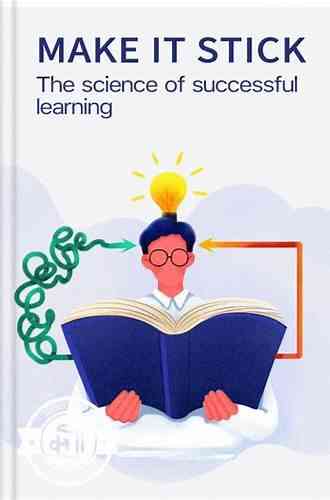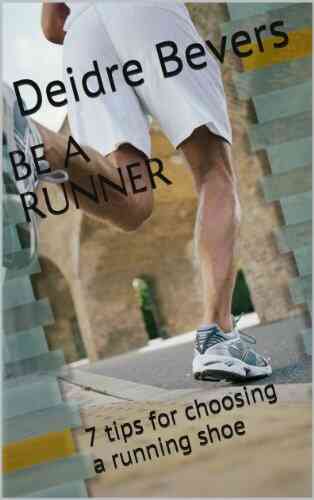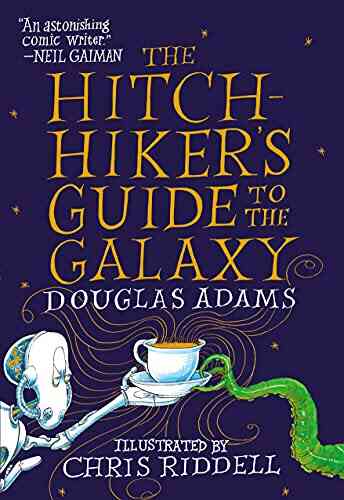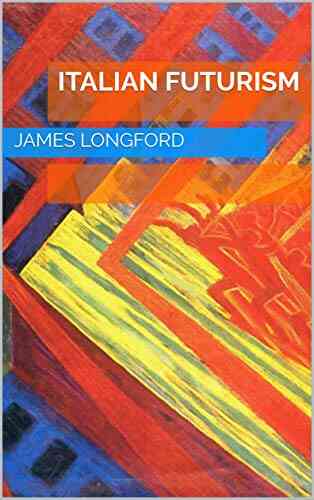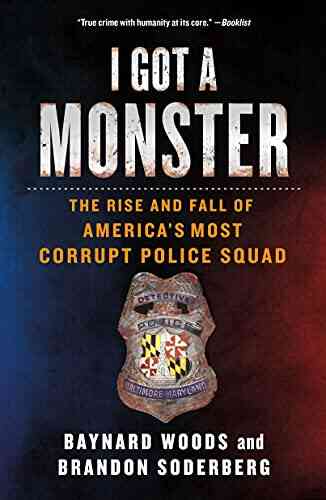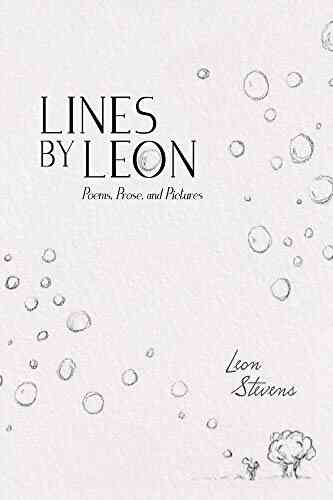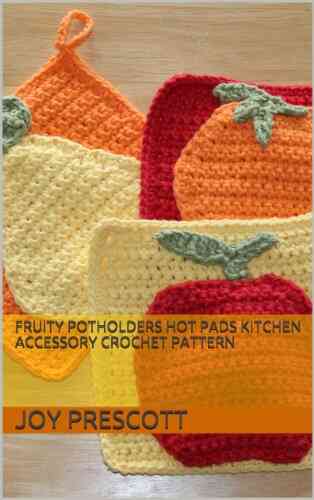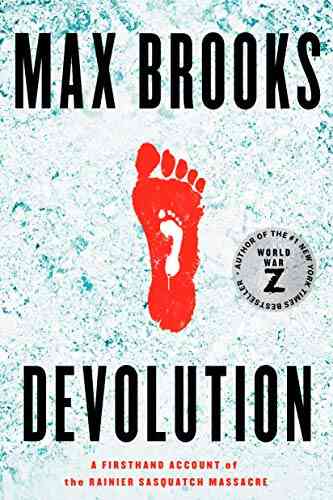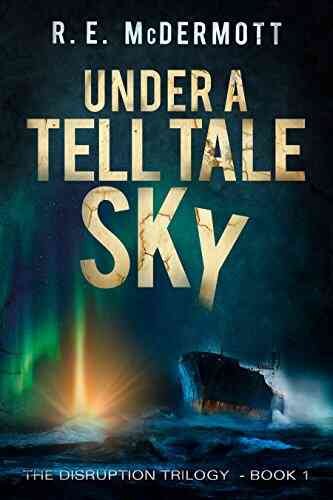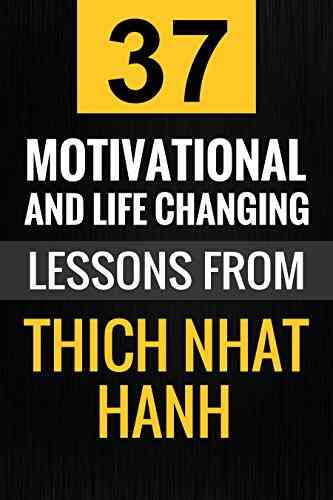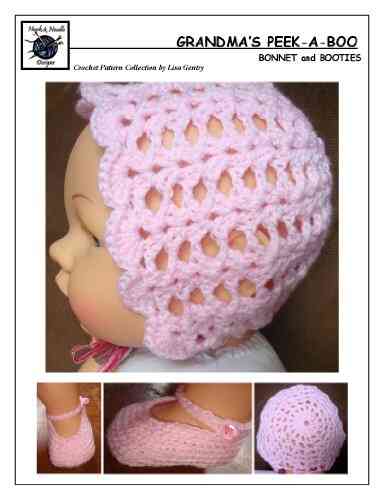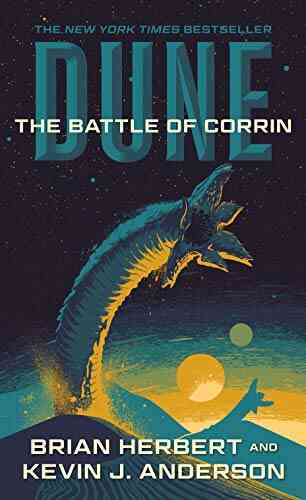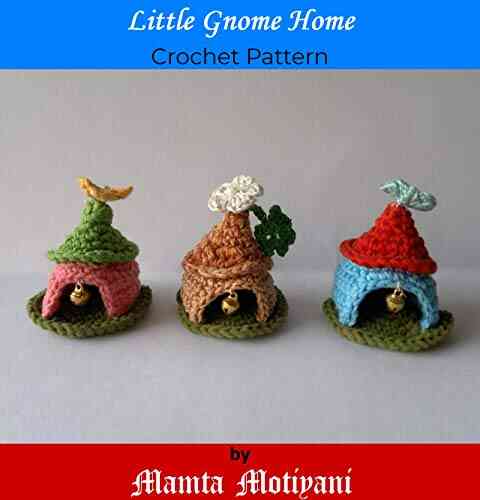Have you ever been frustrated by your inability to remember important information or find it challenging to acquire new skills? If so, you're not alone. Learning is an essential part of our lives, yet many struggle to find effective learning techniques that truly make knowledge stick.
Fortunately, researchers have been delving into the science of successful learning, uncovering valuable insights that can revolutionize the way we approach knowledge acquisition. In this article, we will explore the key findings from the book "Make It Stick: The Science Of Successful Learning" by Peter C. Brown, Henry L. Roediger III, and Mark A. McDaniel.
4.7 out of 5
| Language | : | English |
| File size | : | 532 KB |
| Text-to-Speech | : | Enabled |
| Enhanced typesetting | : | Enabled |
| Word Wise | : | Enabled |
| Print length | : | 330 pages |
| Screen Reader | : | Supported |
The Myth of the Learning Styles
One of the most significant revelations from the book is debunking the myth of learning styles. For years, people believed that individuals have unique preferred ways of learning, such as visual, auditory, or kinesthetic. However, the authors provide substantial scientific evidence that challenges this notion. They argue that varying the way information is presented to learners can actually enhance retention and retrieval.
According to the book, mixing up the types of problems we face during the learning process and exposing ourselves to different study techniques can help us strengthen our overall understanding and retention. Instead of sticking to our supposed "learning style," we should embrace a variety of approaches to maximize learning efficiency.
Embracing Difficulties and Challenges
Another key finding is the importance of embracing difficulties and challenges during the learning process. While it may be tempting to stick to familiar and comfortable material, the authors argue that this approach hinders long-term learning. Instead, they advocate for pushing ourselves outside our comfort zones and tackling challenging problems.
Research shows that struggling with complex concepts and actively retrieving information from memory has a profound impact on our ability to learn and retain knowledge. By creating desirable difficulties, such as spacing out study sessions over time and varying the duration between each session, we can strengthen our understanding and reinforce memory retrieval.
The Power of Testing and Self-Explanation
Testing is often viewed as a method to evaluate our knowledge, but "Make It Stick" sheds light on the idea that testing is, in fact, an incredibly powerful learning technique. Testing not only assesses our knowledge but also actively engages our memory retrieval processes, making information more likely to stick.
Moreover, the act of self-explanation, where learners articulate their thought processes and explain concepts in their own words, serves as another effective strategy for deepening understanding and knowledge retention. By transforming passive learning into active learning, individuals are forced to confront any gaps in their comprehension and reinforce their learning.
Applying the Knowledge: Practical Tips
Now that we understand the key principles of successful learning, how can we apply them in our daily lives? The authors of "Make It Stick" offer a range of practical tips that can enhance our learning experience. Firstly, interweaving different subjects or topics during study sessions can enhance transfer of knowledge and strengthen our ability to apply what we've learned in various contexts.
Additionally, creating a narrative or story around the information we are trying to learn can greatly improve retention. This technique taps into our natural inclination for storytelling, making the material more relatable and memorable.
A crucial component of effective learning is reflection and feedback. By regularly assessing our progress and seeking feedback from others, we can identify areas for improvement and adjust our learning strategies accordingly.
Learning doesn't have to be an arduous task filled with frustration and forgetfulness. By understanding the science of successful learning, we can reframe our approach and make information stick. The book "Make it Stick: The Science of Successful Learning" provides valuable insights and practical strategies that can transform our learning experiences and open up new possibilities for personal and professional growth.



